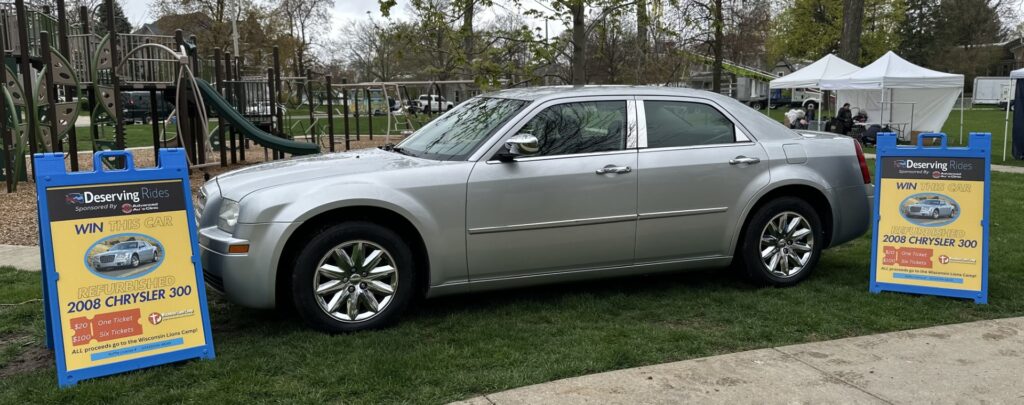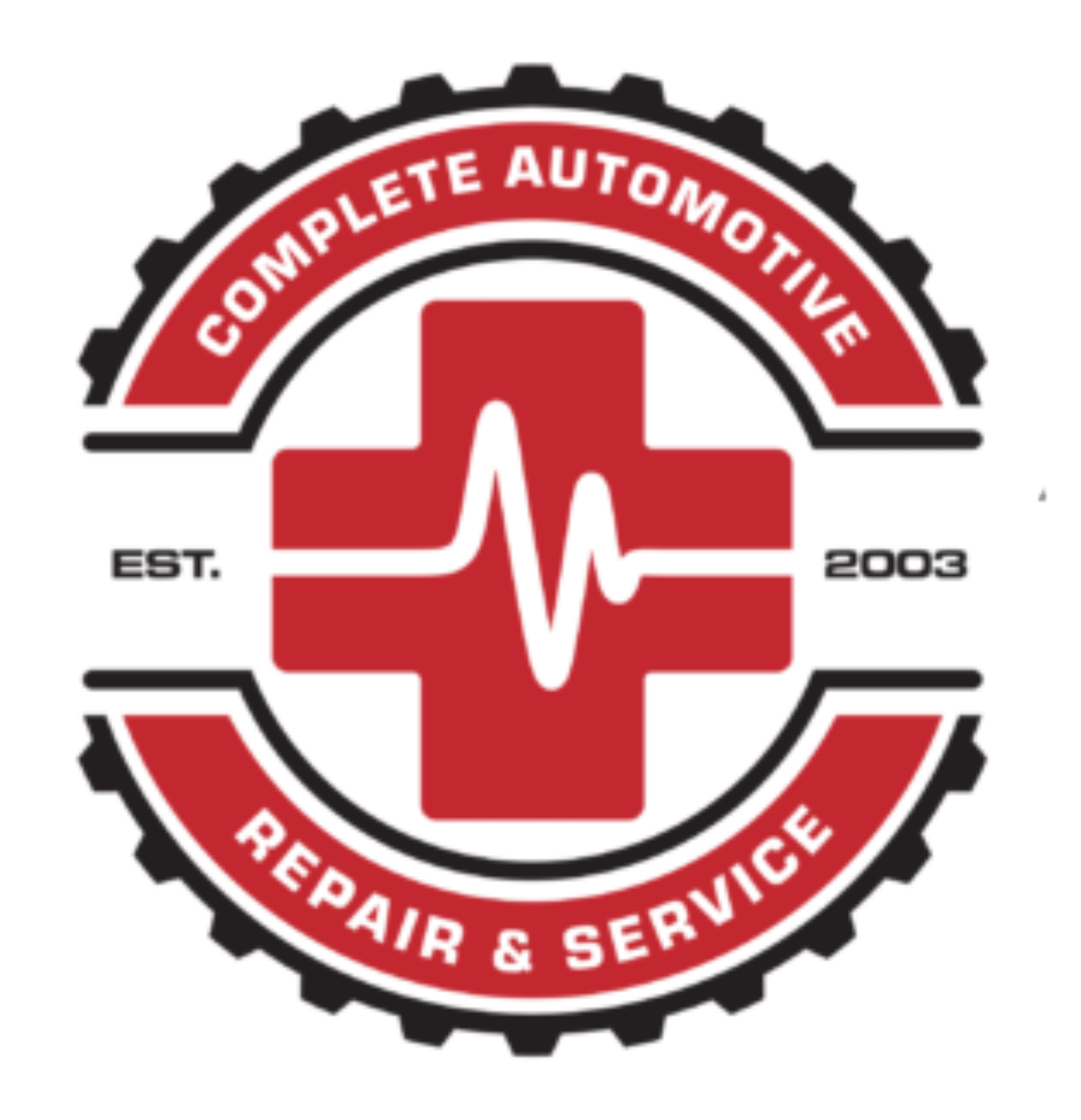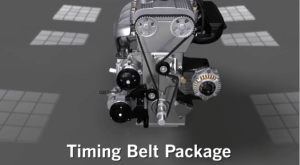[ad_1]
How to Tell if Flood Water Has Damaged Your Vehicle
Severe weather, unprecedented rainfall and flooding have taken their toll on car owners. Many in the affected areas have driven through high water that may have damaged their vehicles. Even if your vehicle was not flooded or completely covered in water, the non-profit Car Care Council recommends that you follow these guidelines to check for damage due to water intrusion or contamination:
- Check interior carpets, upholstery and door and trim panels for dampness. If they are wet, the vehicle needs professional attention. If you simply let the carpet dry, it will quickly grow mildew and give off foul odors. Seat brackets, motors and modules should also be checked for rust and proper operation.
- Pull the engine oil and transmission fluid dipsticks and differential plug. If the fluid appears milky, diluted, is no longer its original color or is beige in color, then it is likely the pans contain water and the vehicle should be towed to your repair shop. Driving the vehicle with water present may damage the internal parts and require extensive overhaul or repairs. The council reminds motorists that some synthetic differential fluids may appear to be milky, but are not water contaminated. When in doubt, a professional automotive technician should make the evaluation.
- Check the air filter for water. If it is wet, replace the air filter and change the oil.
- Check the undercarriage, bumpers, radiator area and frame for mud, grass, dirt, debris and rust. If any of these are present, the vehicle should be washed and cleaned as soon as possible.
- Have the brake system checked by a professional automotive technician.
- Check the exterior lights for moisture and water. Replace headlights and bulbs that contain water.
- Listen for abnormal noises while the engine is running. Make a note of where the noise is coming from and take the vehicle to a professional automotive technician as soon as possible.
- Have the suspension joints lubricated, if necessary. Many newer vehicles are lubricated at the factory for life; however, these joints should be checked for rust.
“It all comes down to how much water the vehicle took in and where it reached,” said Rich White, executive director, Car Care Council. “By being car care aware and following these simple guidelines, you can help minimize the potential for damage to your vehicle.”
The Car Care Council is the source of information for the “Be Car Care Aware” consumer education campaign promoting the benefits of regular vehicle care, maintenance and repair to consumers. For the latest car care news, visit the council’s online media room at http://media.carcare.org. To order a free copy of the popular Car Care Guide, visit the council’s consumer education website at www.carcare.org.
[ad_2]
carcare.org blog source link








